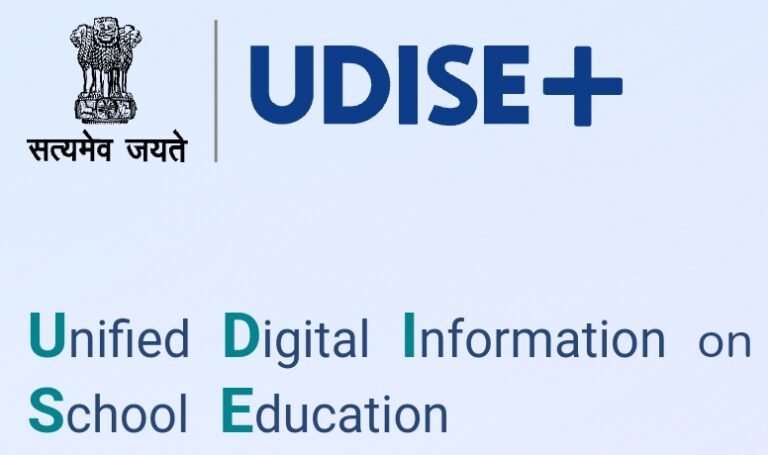Manipur Police Arrest Militants in Two-Day Crackdown — PREPAK & KCP Cadres Nabbed
Summary
Over 8–9 August 2025, Manipur police carried out a focused two-day security sweep that resulted in the arrest of three active cadres from proscribed outfits — one from PREPAK (PRO) and two from KCP factions. The arrested individuals were taken from residences in Bishnupur and Imphal West; mobile phones and Aadhaar cards were seized as part of the evidence. Authorities also intensified routine enforcement — issuing challans, removing illegal tinted films, ensuring escorted convoys on NH-37 and setting up 111 checkpoints across valley and hill districts to maintain movement and law-and-order.
The short answer: a two-day, intelligence-led sweep
So — quick recap before the deep dive. Over two days of coordinated action, Manipur Police rounded up three people described as “active cadres” of banned organisations. These weren’t random arrests: they came from members of known outfits and were linked to alleged extortion and support networks. What looks like routine enforcement on the surface is actually part of a larger push to choke off insurgent financing and curb intimidation of civilians. The facts reported by regional outlets name the suspects, the dates, and the seized items — details I’ll unpack below.
Who was arrested — names, locations, and alleged roles
Let’s get specific: names matter when we’re tracking networks.
- On August 9, police arrested Wahengbam Kiran Singh (alias Amuthoi), 25, from Kumbi Thingel Leikai, Bishnupur district. Authorities say he’s an active member of PREPAK (PRO) and allegedly involved in extortion and issuing threats to local businesses and the public. A mobile phone was recovered from him.
- On August 8, Oinam Soniya Devi (alias Tete), 31, from Chingmeirong Maning Leikai, Imphal West, was detained. She’s reported as an active cadre of KCP (Taibangnganba); police seized a mobile phone and an Aadhaar card.
- Also on August 8, Kshetrimayum Naoba Singh (alias Jebashes), 28, from Haobam Marak Irom Leikai, Imphal West, was arrested. He’s linked with KCP (MFL) and is accused of sharing contact details of valley-based doctors with cadres, allegedly to facilitate extortion. A mobile handset and an Aadhaar card were recovered.
Those are not just names on a list — each arrest carries a potential unraveling of local networks (finance, messaging, intimidation), which police hope will yield leads and weaken operatives’ reach.
The operational detail: checkpoints, convoys and challans
Security operations are more than arrests. The reporting notes that Manipur Police set up 111 checkpoints across hill and valley districts, issued 51 vehicle challans amounting to ₹88,500, and removed tinted films from a dozen vehicles — measures aimed at curbing illicit movement and maintaining visibility. They also ensured movement of 116 vehicles carrying essential items along NH-37 under escort in sensitive stretches. These logistical actions are crucial: they aren’t glamorous, but they preserve supply chains and public confidence during tense periods.
FAQs
1. Were weapons recovered during these arrests?
The India TodayNE report mentions the seizure of mobile phones and Aadhaar cards from the arrested individuals; it does not list firearms or explosives in these specific arrests. Broader security operations in the state have recovered weapons in other actions, but for these three arrests the reporting highlights identity and communication items.
2. Which banned outfits were involved?
The arrests involved cadres linked to PREPAK (PRO) and KCP (different factions — Taibangnganba and MFL as reported). These groups are among several proscribed organisations operating in Manipur.
3. What do the checkpoints and challans aim to achieve?
Checkpoints, challans, and vehicle inspections are low-intensity but high-visibility measures to deter illicit movement, check stolen/forged documents, and maintain supply lines for essentials. They complement targeted arrests by securing the environment where militancy and crime would otherwise exploit gaps.
4. Could these arrests reduce extortion in the area?
Arrests of facilitators and extortionists can disrupt operations, at least temporarily. Lasting reduction depends on sustained enforcement, successful prosecution, and socio-economic measures that undermine recruitment and local support networks.
5. How can civilians report extortion or threats safely?
Contact your local police station or use any state helpline numbers announced by authorities. Preserve messages, calls, and demand notes as evidence and avoid confronting suspected extortionists alone; share information through secure, official channels.


